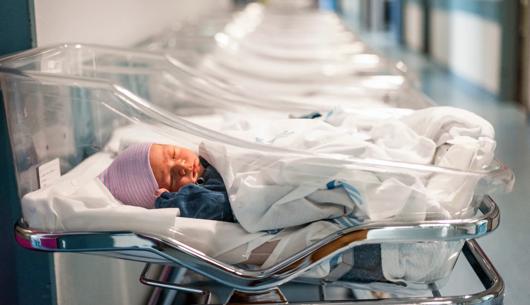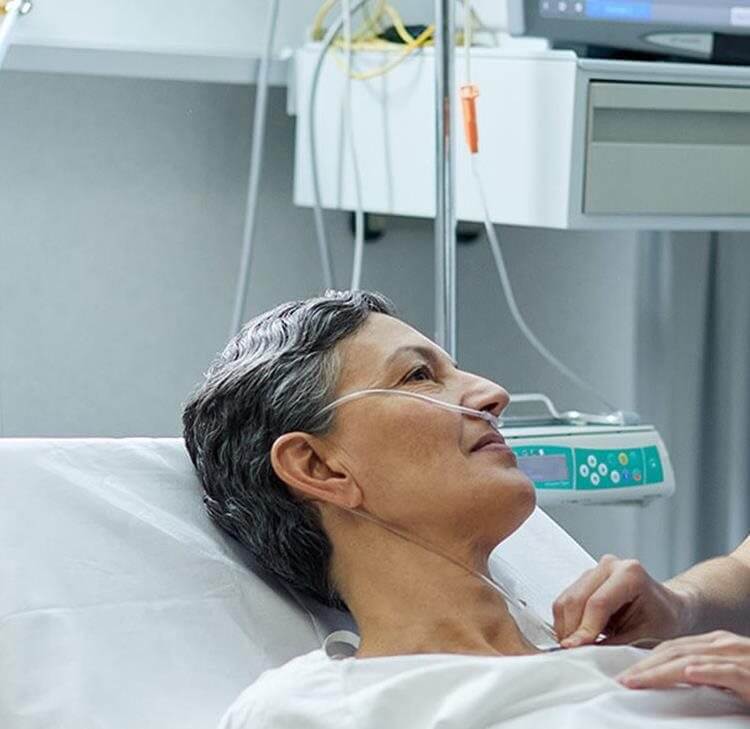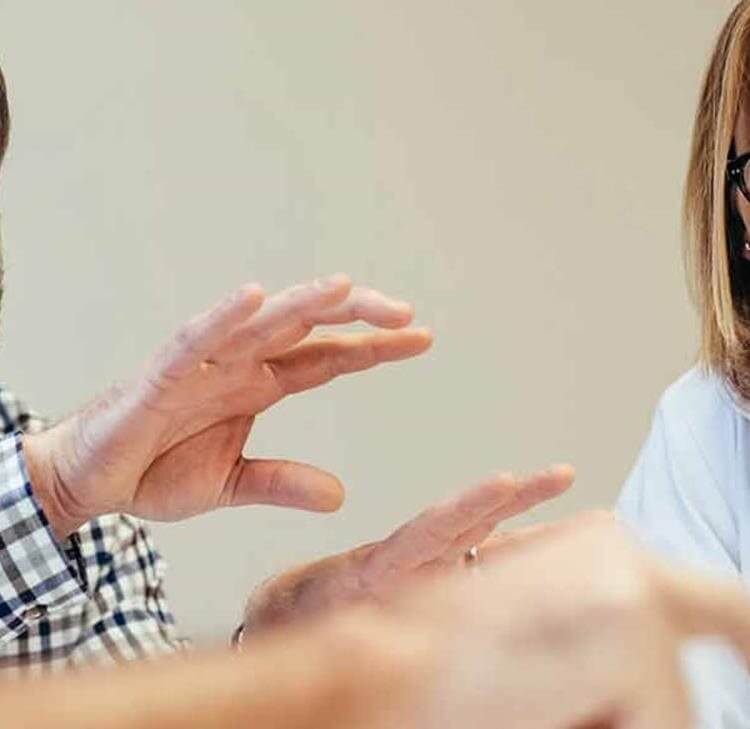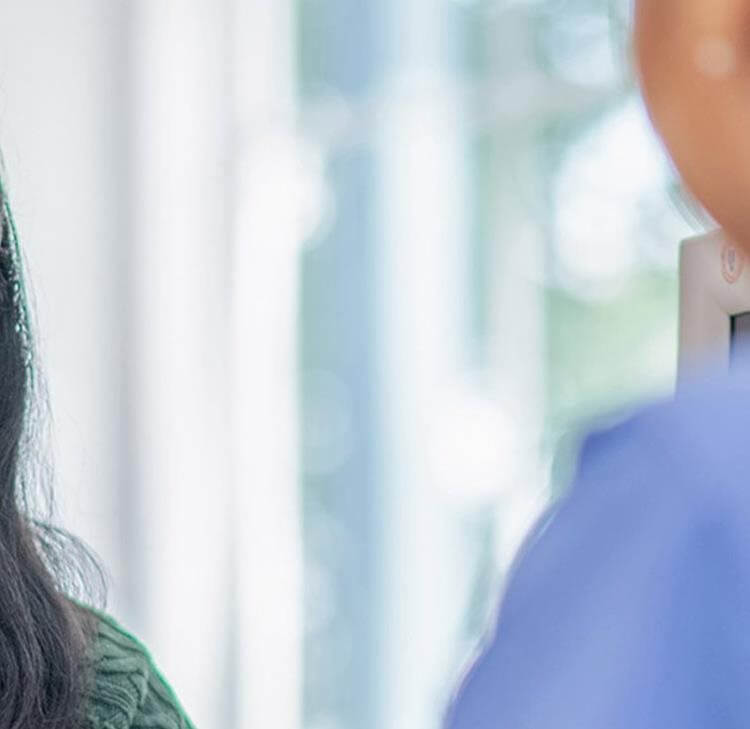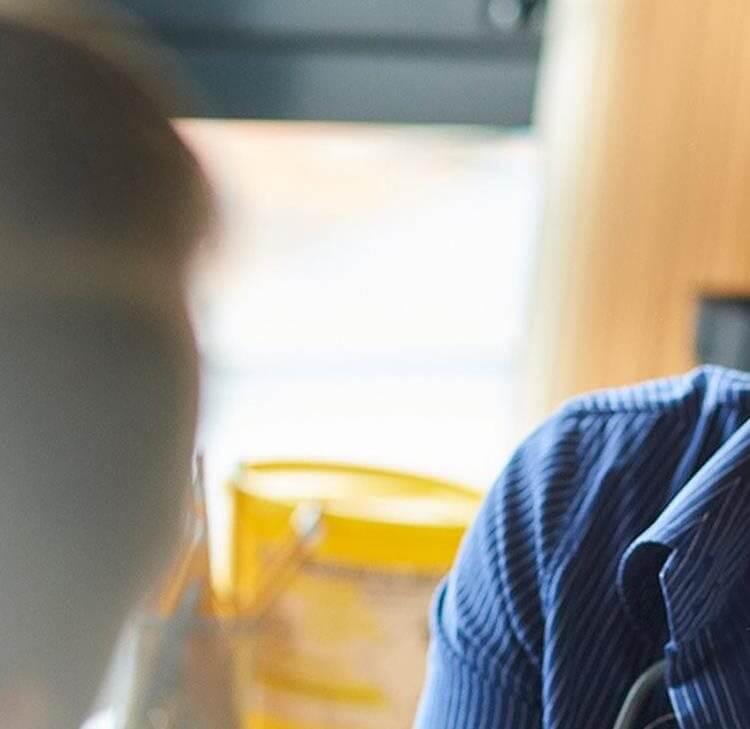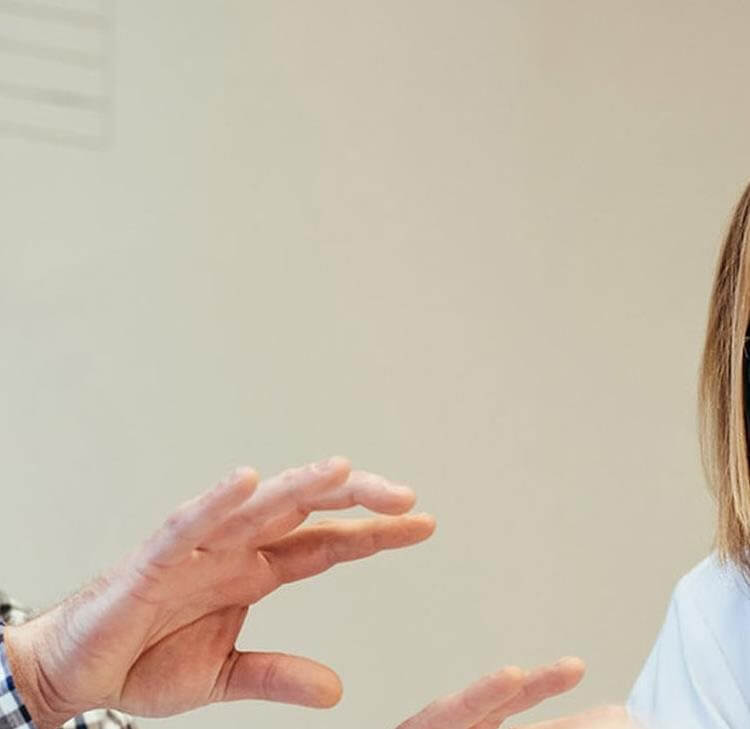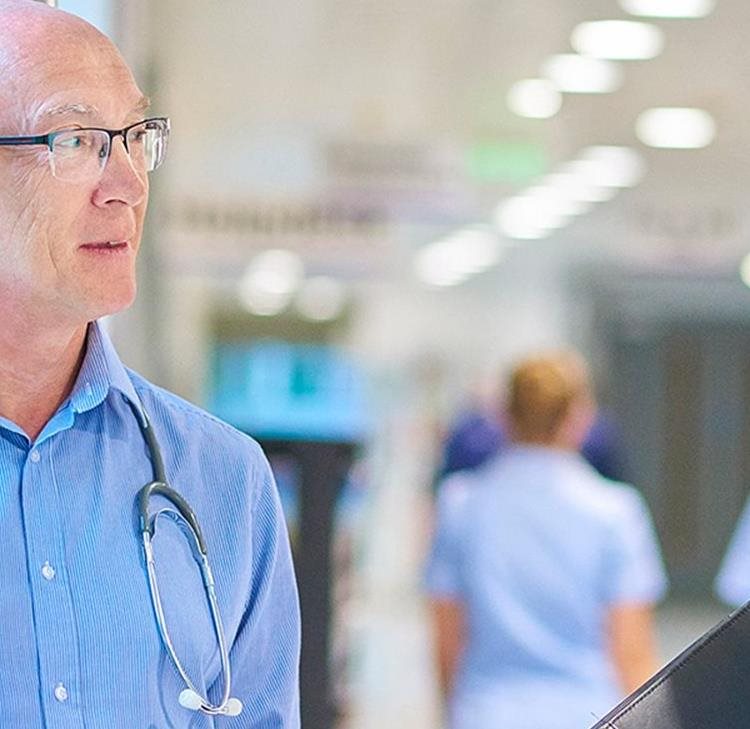This film seeks to recreate an inquest hearing where the family and witnesses are participating in the hearing remotely. The film explains the role of the Coroner and the purpose of an inquest and illustrates the procedure during a remote inquest hearing.
The film will last 57 minutes from start to finish - you can pause, rewind and skip forward at any point during the film.
The aim of this film is to help clinical witnesses to prepare for giving evidence remotely and to illustrate how best a witness can help the Coroner and the family during a remote inquest hearing. We hope this film will support all staff working in the NHS who are called to give evidence remotely at an inquest, so that they can give their evidence clearly, confidently and compassionately.
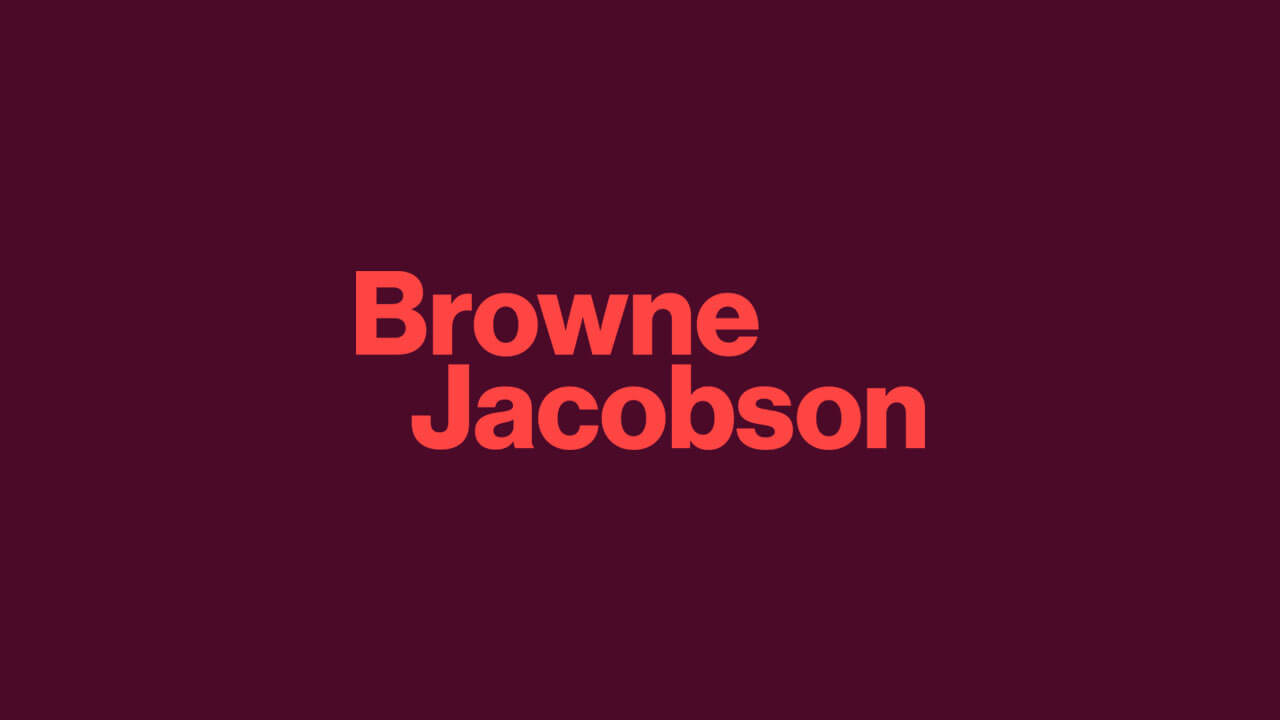
We are very grateful to Dr Robert Hunter, formerly HM Senior Coroner for Derby and Derbyshire, for his role in the production of this film. Thank you also to Kathryn Fearn, now Director of Legal Services, at Nottingham University Hospitals NHS Trust, who provided invaluable insights during filming and who plays Mrs Grimes in the film.
The clinical scenario is fictitious. The film does not recreate the remote inquest exactly as it would be in real life. In reality, this inquest would run for several days with many more witnesses and more lengthy questioning of each witness. The shortened version in the film is used simply to illustrate the key principles of giving evidence, which apply whether you give oral evidence to the Coroner’s court in person or remotely.
For those who have been called to attend an inquest and will be giving evidence remotely, please read our helpful checklist for participation in a remote inquest hearing.
For further information and resources about inquests, and to find out how we can assist you or your organisation further, please visit our inquest service page.
Speakers
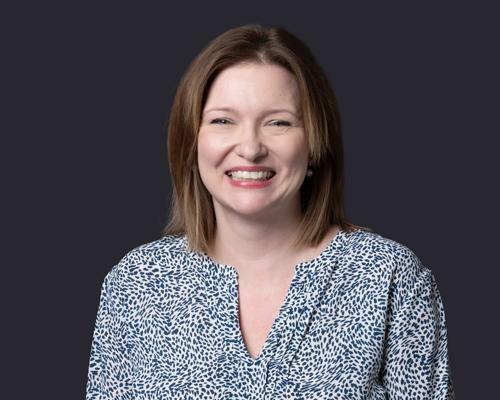
Nicola Evans
Partner
Nicola is an experienced solicitor advocate and partner in our inquest and advisory team. She has over 20 years’ experience advising NHS organisations, Trust Boards, senior NHS managers and clinicians on advisory and inquest matters in the health and care sector.
Nicola.Evans@brownejacobson.com
+44 (0)330 045 2962

Heather Caddy
Partner
Heather is a partner in the healthcare advisory and inquests team. Heather has a particular specialism in inquests and has significant experience of handling matters for both public and independent sector clients.
heather.caddy@brownejacobson.com
+44 (0)3300452516
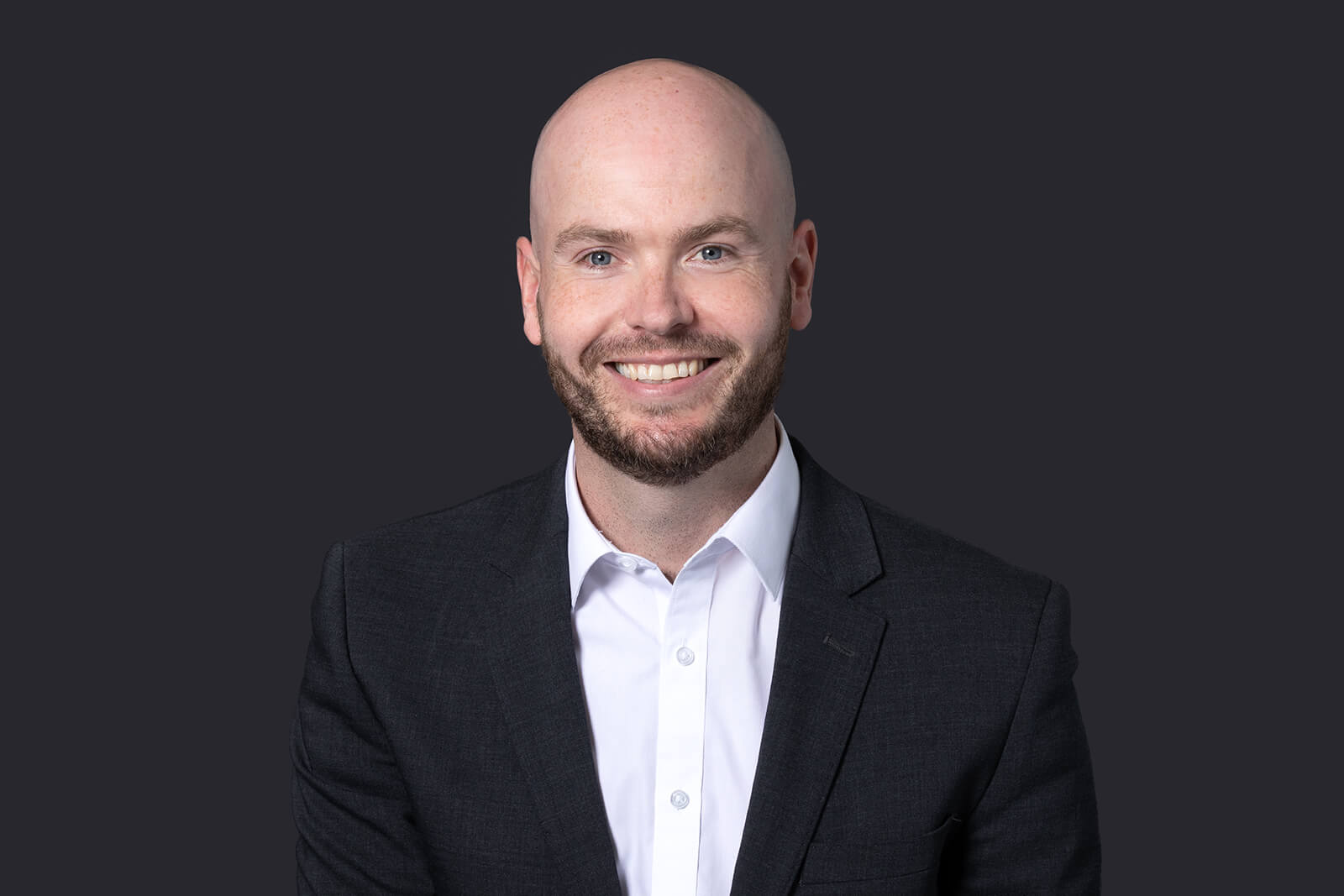
Ed Pollard
Partner
Ed specialises in Healthcare Advisory including Inquests, Mental Health law, the Court of Protection, the Deprivation of Liberty Safeguards, fitness to practice and data protection issues.
ed.pollard@brownejacobson.com
+44 (0)330 045 2107
Contact

Nicola Evans
Partner
Nicola.Evans@brownejacobson.com
+44 (0)330 045 2962


